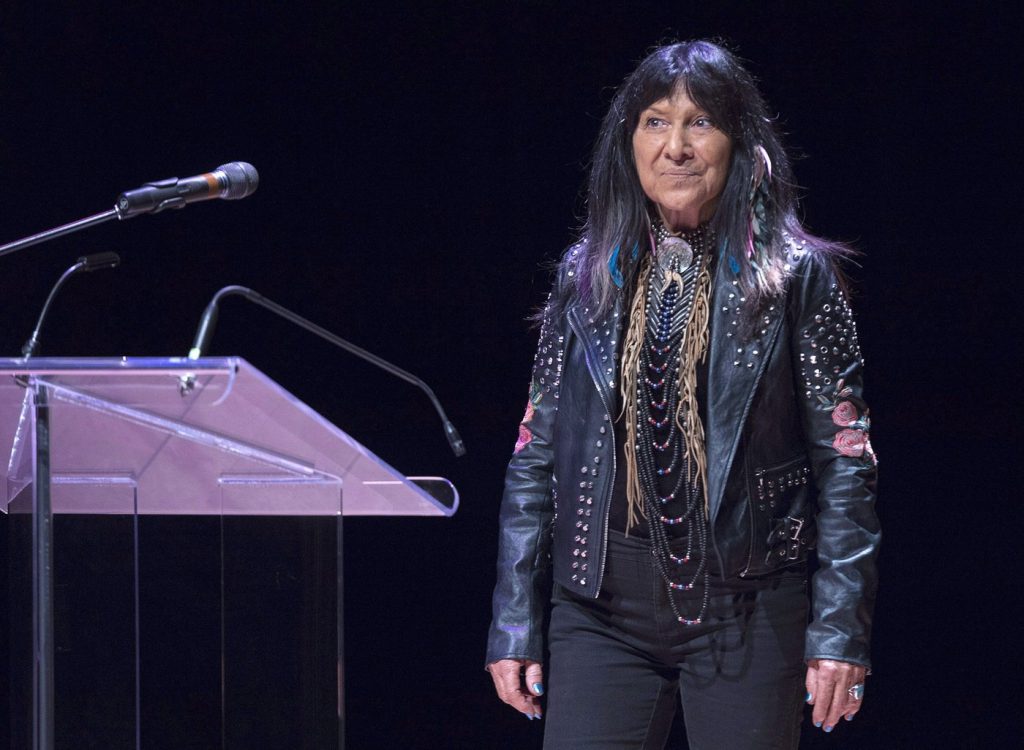
Buffy Sainte-Marie Stripped of Order of Canada Amid Heritage Controversy
Big news in the world of Canadian music and culture—Buffy Sainte-Marie, the legendary singer-songwriter, has been stripped of her Order of Canada. This decision, officially announced in the Canada Gazette , was signed off by Governor General Mary Simon on January 3rd. It's a move that comes in the wake of growing controversy over Sainte-Marie’s Indigenous identity, a core part of her legacy and public persona for decades.
Also Read:- UFC 312 – Du Plessis and Strickland Promise All-Out War in Middleweight Rematch
- BJP’s Manish Chaudhary Leads in Okhla – A Tough Fight for AAP’s Amanatullah Khan
If you’ve been following this story, you’ll remember that back in 2023, CBC released an investigative report questioning her claim to Indigenous heritage. They dug up a birth certificate stating she was born in 1941 in Massachusetts to non-Indigenous parents. Additionally, family members in the U.S. reportedly told CBC that she was never adopted and does not have Indigenous ancestry. This revelation sent shockwaves through the music and Indigenous communities, sparking heated debates about identity, heritage, and cultural representation.
For decades, Sainte-Marie has been celebrated not just for her music, but for her advocacy for Indigenous rights and culture. She rose to fame in the 1960s with powerful folk songs that tackled social issues, earning numerous accolades, including multiple Juno Awards and the Polaris Music Prize in 2015. Her official website previously stated that she was "believed to have been born on the Piapot First Nation reserve in Saskatchewan" and that she was taken from her biological parents as an infant. Later, she was adopted into a Cree family, which became a key part of her personal and artistic identity.
Sainte-Marie has pushed back against the CBC report, insisting that it contained errors and omissions. She maintains that she has never deliberately misrepresented her identity. This situation raises big questions about how identity is defined, especially in Indigenous communities where oral history and personal connections often hold as much weight as official documents.
With the Order of Canada being one of the nation’s highest honors, its removal is a significant moment. It reflects how serious the Canadian government considers questions of authenticity and representation, especially when it comes to Indigenous identity. For many of Sainte-Marie’s supporters, this decision is a painful blow, while others see it as a necessary step in holding public figures accountable.
Regardless of where you stand, this is a story that continues to evolve, and it’s bound to spark more discussions about identity, culture, and what it means to truly belong.
Read More:


0 Comments